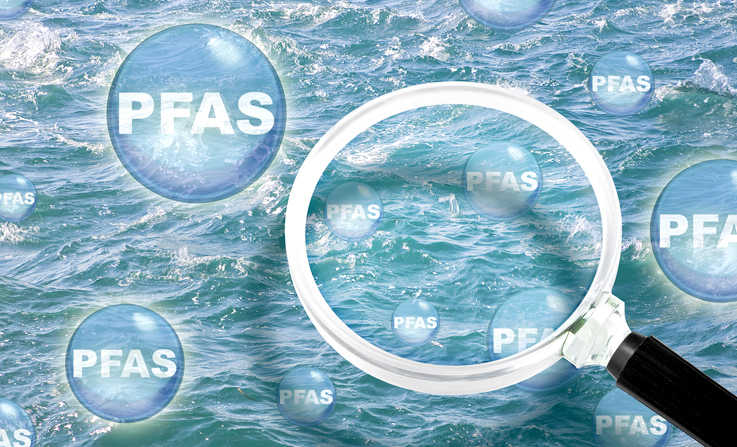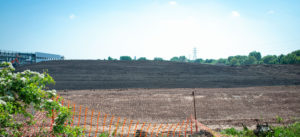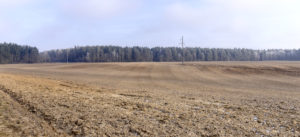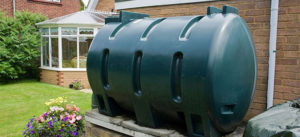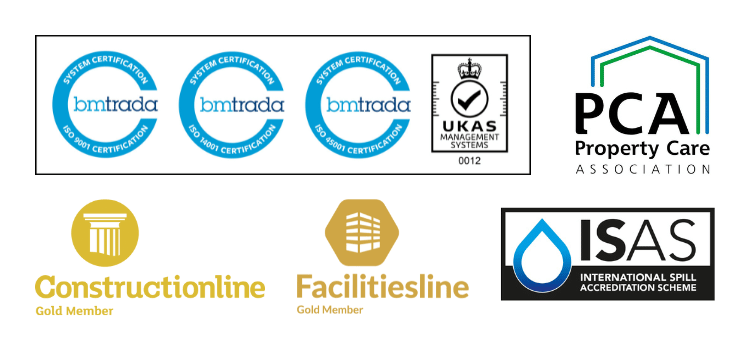We are delighted to have secured our first contracts to remediate land affected by chemicals that are a growing concern. PFAS chemicals were used widely in everyday products from the 1950s.
Known as ‘forever chemicals’, because they never break down, they contain Perfluoroalkyl and Polyfluoroalkyl Substances (PFAS). Their detergent and non-stick properties made them popular. Used in non-stick pans, cosmetics, fire-fighting foam and some pesticides as well as dozens of other products.
But after decades of use, scientists began to realise that the chemicals were a hazard to human health. PFAS is now leaching into drinking water.
ATG Group has been working on solutions to remediate land affected by PFAS for some years. And we have now secured our first two PFAS remediation contracts. The deals are on land owned by a UK fire authority and a power company, who are redeveloping a site. Remediation is starting this autumn at both sites.
PFAS and health
Scientific research over the past 20 years has concluded that PFAS chemicals are extremely harmful to the environment and health. The European Environment Agency has found that PFAS exposure can lead to a range of conditions including liver damage, thyroid disease, fertility issues and cancer.
PFAS is thought to be contaminating more than 200 million people across the USA and its environmental protection agency has set legally enforceable limits of the chemicals in drinking water.
In the UK, water companies there isn’t a legal requirement to reduce the presence of PFAS. It only becomes an issue when PFAS chemicals reach a very high level. But a number of organisations are facing regulations to remove harmful PFAS from land during redevelopment.
Our first PFAS remediation contracts
ATG Group has developed remediation services to deal with PFAS over the past few years.
Duncan Sanders is ATG Group’s Director for England and a qualified and experienced hydrogeologist. He is leading the remediation work being carried out on our first contracts.
He said: “Firefighting foam is just one of the many products that contained PFAS. Although AFFF foam was banned from manufacture from 2020, the chemicals never break down. That means they remain a risk on land where they were used. Evidence shows that because it does not break down, it is now leaching into aquifers. This is impacting surface water features and affecting drinking water supplies.
“One of our first contracts is with a UK fire authority that wants to remediate the soil and groundwater at a fire station with a fire training centre. The contaminated fluorine foams were used before they were banned. But the chemicals are now threatening an adjacent river. PFAS contamination is likely to be present on any land where fluorine foams were used, such as airports, fire training centres, refineries, ports and military sites.
“The planned remediation works – which include contamination source removal, groundwater treatment and an in ground permeable reactive barrier – are required by the Environment Agency and Local Authority as part of the re-development of the site.”
New remediation service
A second contract has been successfully secured with a power company that owns land where a series of fires and fire training took place. This land requires PFAS remediation before being sold to a developer for a different use.
Managing Director Mark McKinney is delighted that the two contracts had been secured.
He added: “ATG Group has worked with numerous companies within the construction sector remediating contaminated soil and also riverbeds for more than 18 years. The soil has traditionally contained hazardous and non-hazardous material from previous use, often in manufacturing, such as metal and chemicals from the likes of shipbuilding or ironworks.
“PFAS is an emerging contaminate that is becoming widely known as harmful. We have been working for some time to put in place a service to remediate land affected by PFAS alongside the contamination we already remediate.
“We are looking forward to working with our clients in ensuring the development of their land can be done safely and within regulations.”

